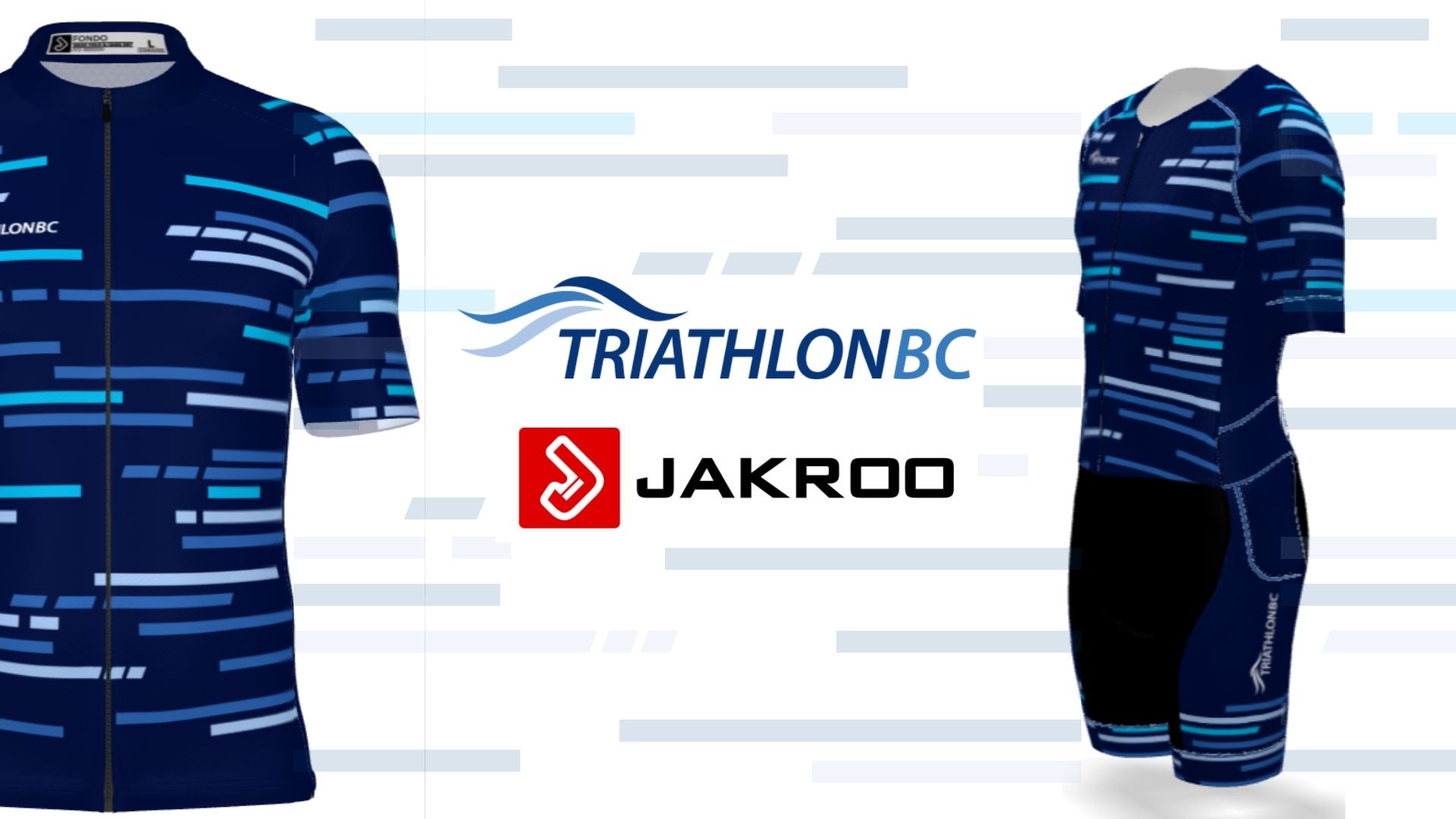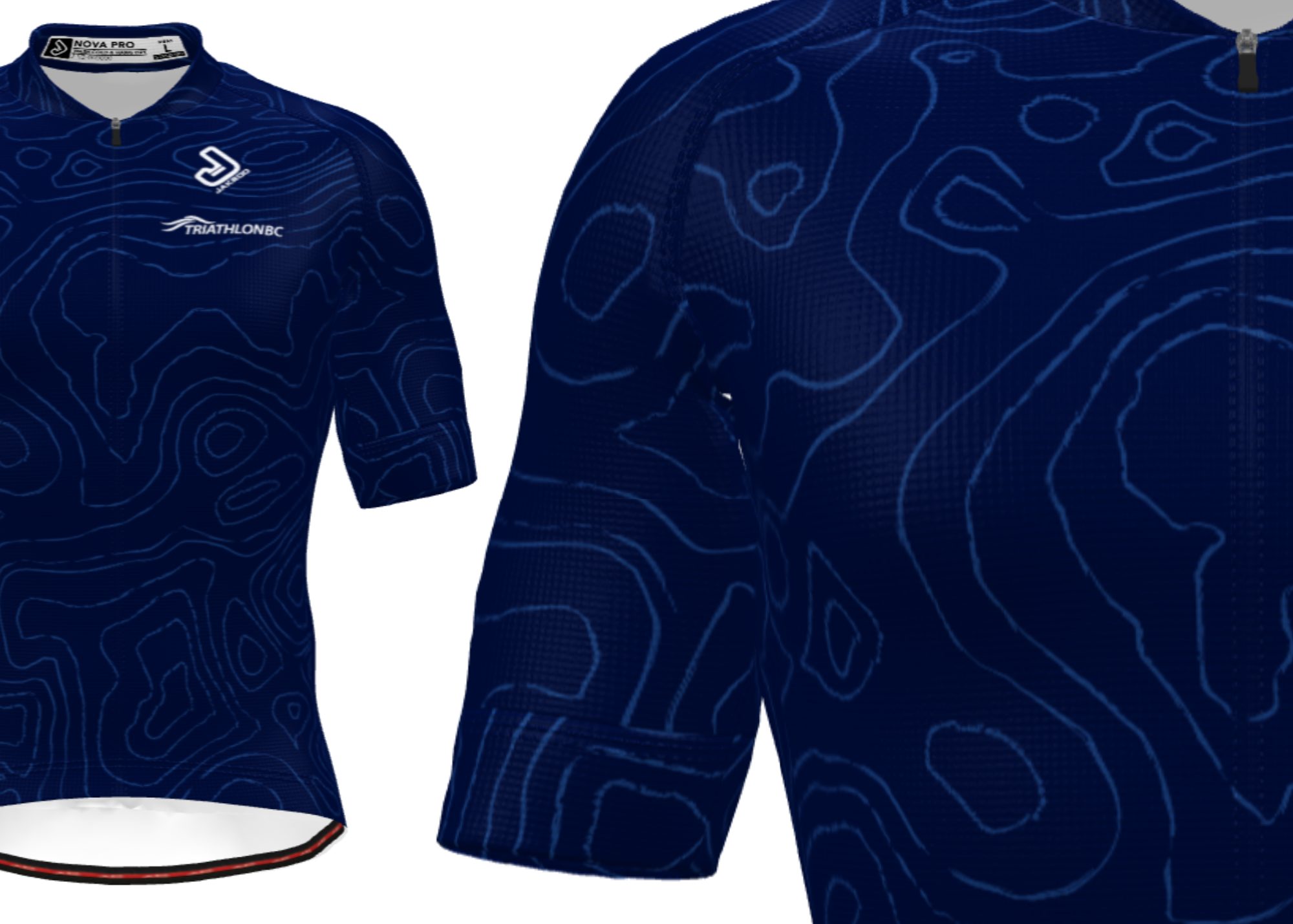Triathlon BC is excited to welcome Dr. Demetrios Sirounis to our community of contributors. With an extensive background in medicine and healthcare, Dr. Sirounis brings a unique blend of athletic experience, together with a deep understanding and widespread expertise in optimizing health and performance through evidence-based practice. Through his business, Evolving Health, he is committed to helping individuals unlock their potential by addressing the connection between health, recovery and performance, providing a comprehensive approach to care that aligns closely with Triathlon BC’s commitment to advancing safe, sustainable and performance-driven sport across the age spectrum.
We are pleased to introduce an upcoming series of articles in which Dr. Sirounis will share valuable insights on health-related topics, supporting our members in their pursuit of excellence in both sport and life. What follows is a short Q & A to get to know Dr. Sirounis, where he reflects on his journey from professional triathlete to medical professional and his ongoing commitment to advancing athlete well-being.
Triathlon BC: Can you share your journey from professional triathlete to becoming an anesthesiologist, and now, the founder of Evolving Health?
Dr. Sirounis: It’s definitely been a long and winding journey. One step has always seemed to lead naturally to the next, even if I couldn’t have predicted it 25 years ago. For me, it’s  always been about following my passions. Professional triathlon and anesthesiology actually overlapped for a time, which didn’t leave much free time, but both are precision disciplines in their own way, and I loved the challenge.
always been about following my passions. Professional triathlon and anesthesiology actually overlapped for a time, which didn’t leave much free time, but both are precision disciplines in their own way, and I loved the challenge.
After injuries taught me—sometimes the hard way—the importance of recovery, I kept movement and my love of sport close in different ways. My path in medicine has been equally rewarding. I’ve had the privilege of working in academic medicine, research, and administration, and each experience has been a chance to learn and connect with incredible people.
Founding Evolving Health is the latest chapter—really a passion project. It brings together everything I’ve learned in medicine, athletics, and life, and allows me to share it with others. At the heart of it all, my focus has always been on relationships and helping people find more health, joy, and longevity in their own lives.
Triathlon BC: How has your experience as a high-performance athlete shaped the way you approach healthcare today?
Dr. Sirounis: Sport taught me a lot about showing up and giving your best, even on the days when things don’t go your way. I learned quickly that it’s not about chasing perfection, it’s about consistency, resilience, and taking small steps forward. Those lessons have stayed with me in medicine.
I feel very fortunate for the opportunities I’ve had—whether in sport, in the operating room or ICU, or now through Evolving Health. At the heart of it all, it comes down to people. Helping someone move a little better, feel a little stronger, or find more joy in their health is what motivates me. I try to bring the same work ethic, gratitude, and care I learned as an athlete into every interaction, because in the end, it’s about relationships and helping others live their best lives.
Triathlon BC: Earlier this year, you were a guest speaker at Triathlon Canada’s Age Group National Team Camp, what would be your top piece of advice to age group athletes balancing training, competition, and busy personal lives?
Dr. Sirounis: That was such an awesome experience—I honestly felt like I learned as much from those athletes as they did from me. If I had to share one message, it would be this: consistency is the key. You don’t need to train like a pro, but you can learn from how they approach their sport. The best athletes know how to listen to themselves, recognize the early signs of burnout, and respect recovery just as much as hard work. For age-groupers juggling family, work, and training, it’s about finding that balance—showing up regularly but also knowing when to pull back so you can stay healthy and enjoy the journey for years to come.
Triathlon BC: How do you see mental well-being intersecting with physical health and performance?
Dr. Sirounis: Mental well-being and physical health are inseparable. They influence each other in so many ways, and it’s truly bidirectional. The American Heart Association even recognizes psychological health as a core part of cardiovascular and overall health, which shows just how important it is.
We also see this in the data—higher levels of physical fitness are consistently linked to a lower risk of depression and anxiety, along with greater resilience and overall life satisfaction. On the flip side, when our mental health suffers, our physical performance and recovery almost always do as well.
Triathlon BC: With so much information available to athletes, how can you distinguish between evidence-based practices and popular trends?
Dr. Sirounis: We actually just wrote a blog on this because it’s such a common question. The simplest approach is to check a few things: if a claim sounds too good to be true, it probably is; look for credible, peer-reviewed sources rather than anecdotes; consider who’s saying it and whether they might have a conflict of interest; and watch for extreme language or buzzwords. Real health and performance improvements come from consistency and evidence, not quick fixes or marketing hype.
Triathlon BC extends our sincere thanks to Dr. Sirounis for sharing his expertise and experiences with the endurance community, and look forward to his evidence-based insights designed to help athletes of all levels enhance their health, performance and journey through life.




